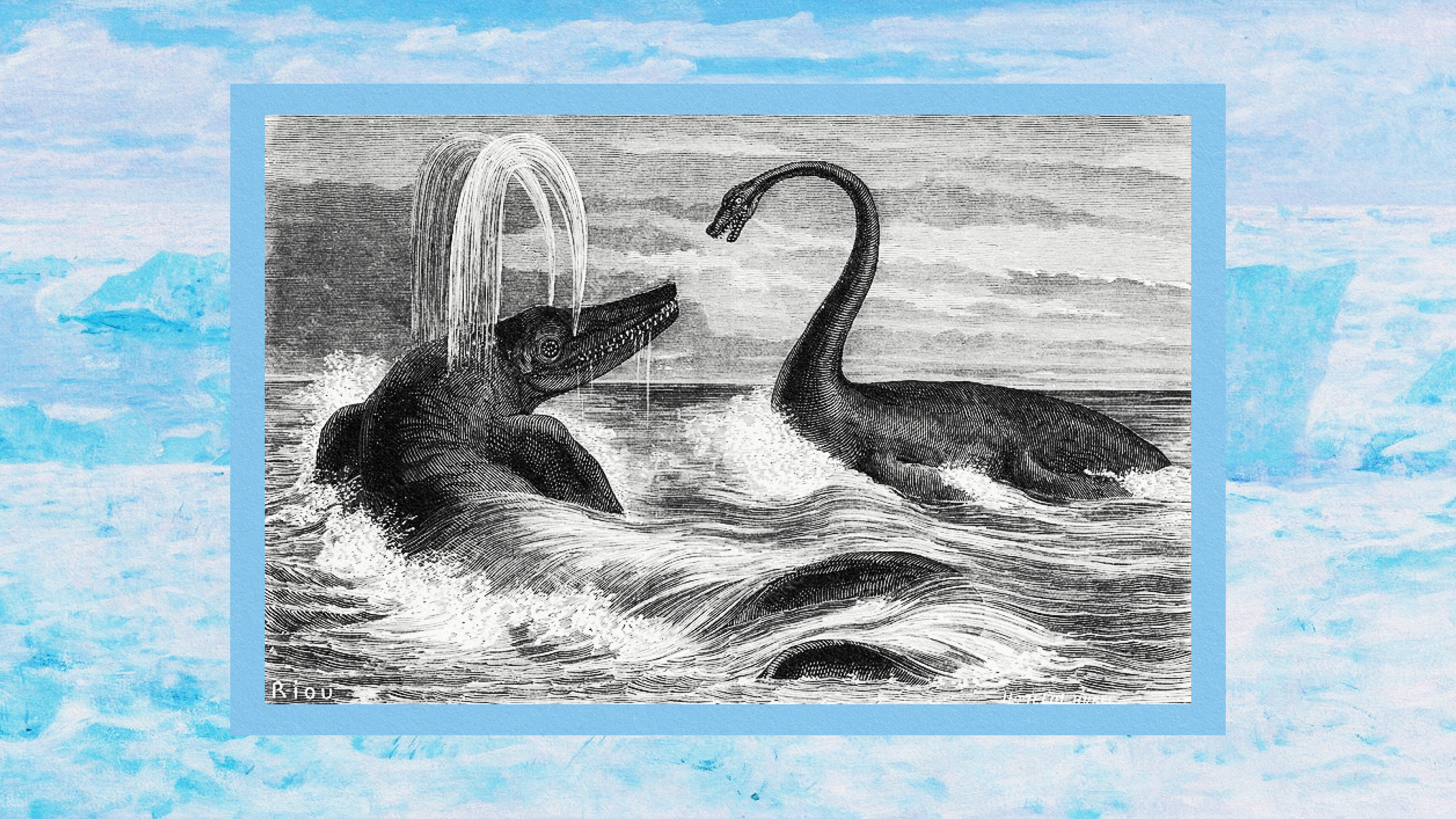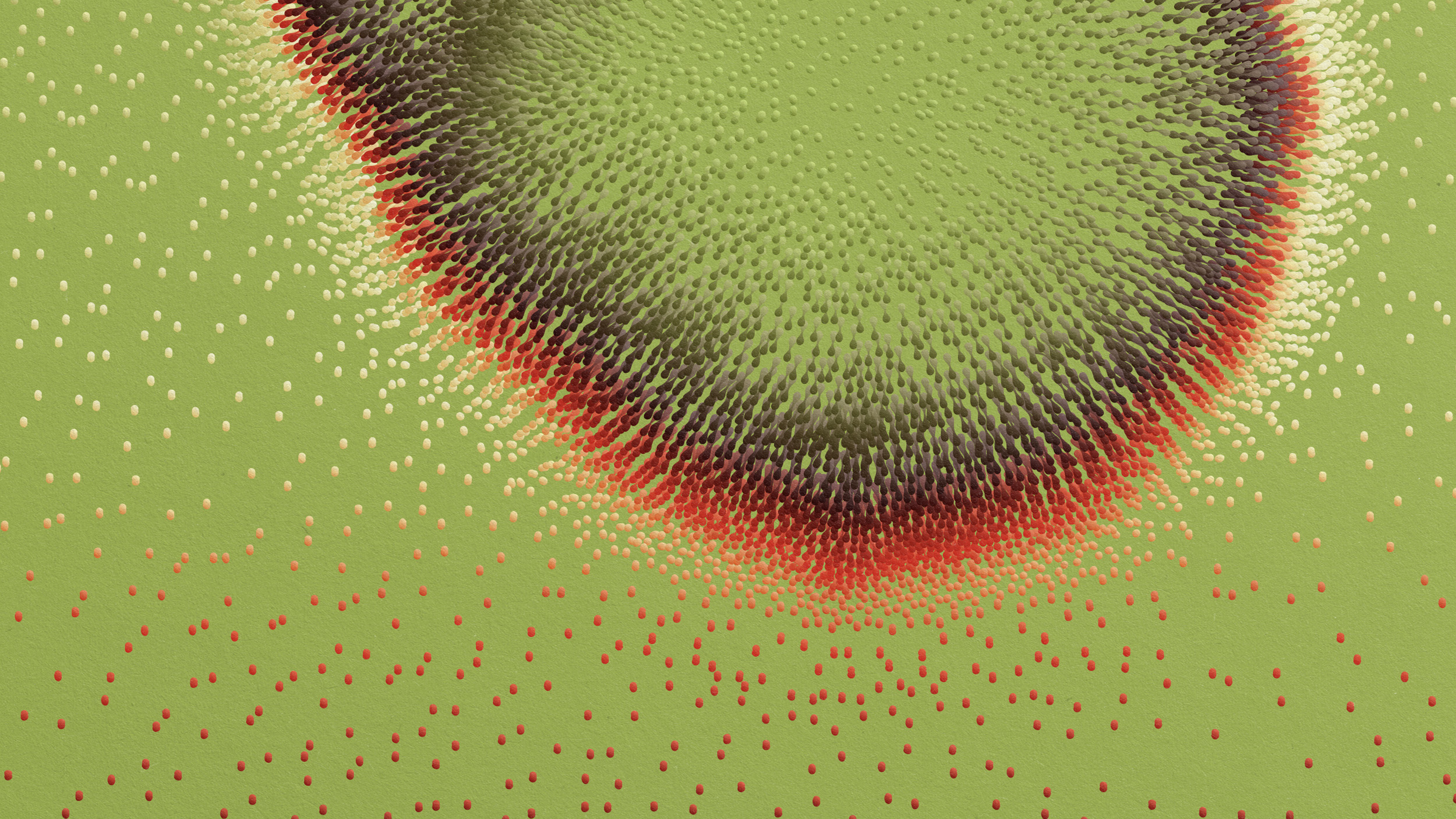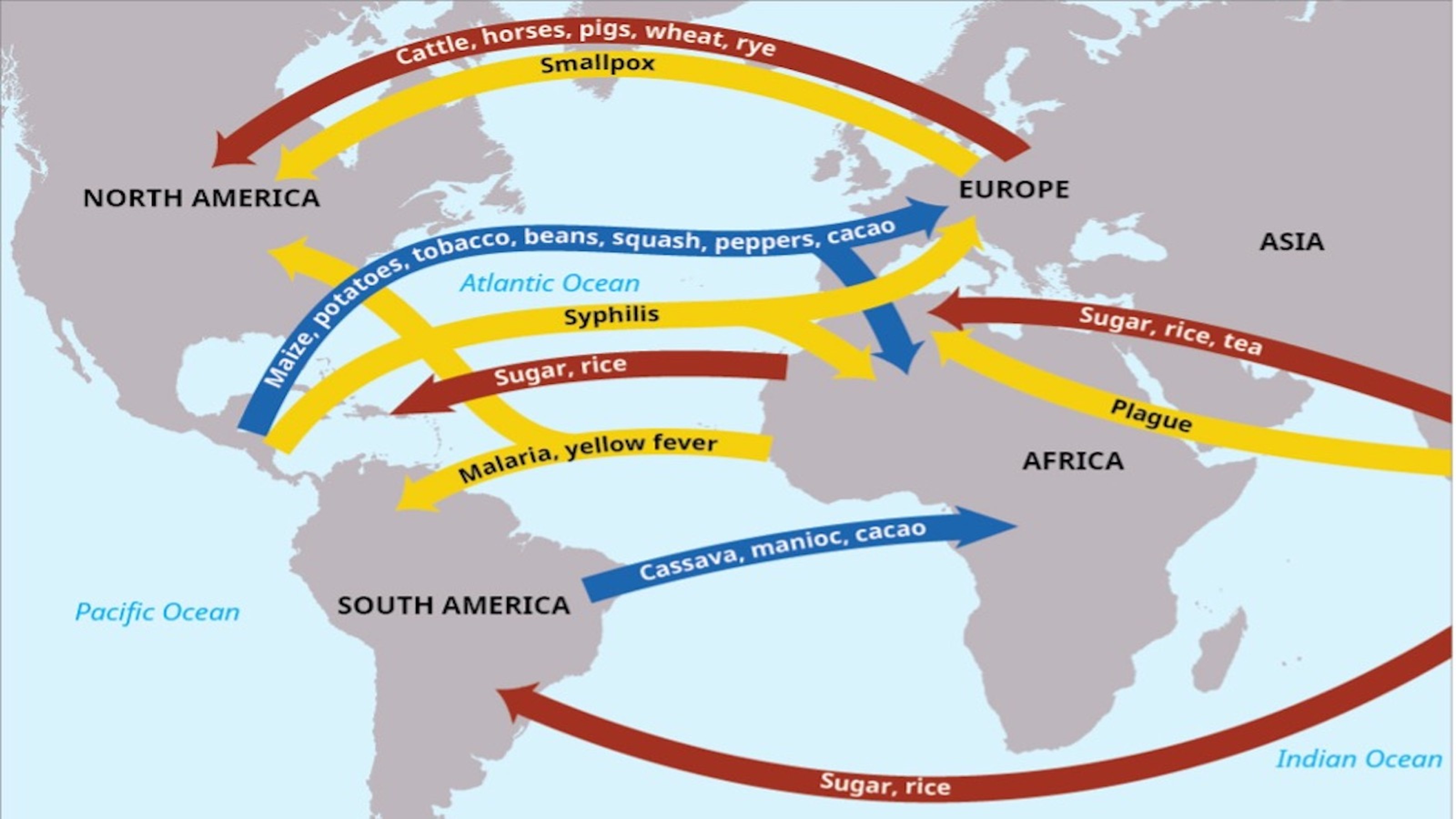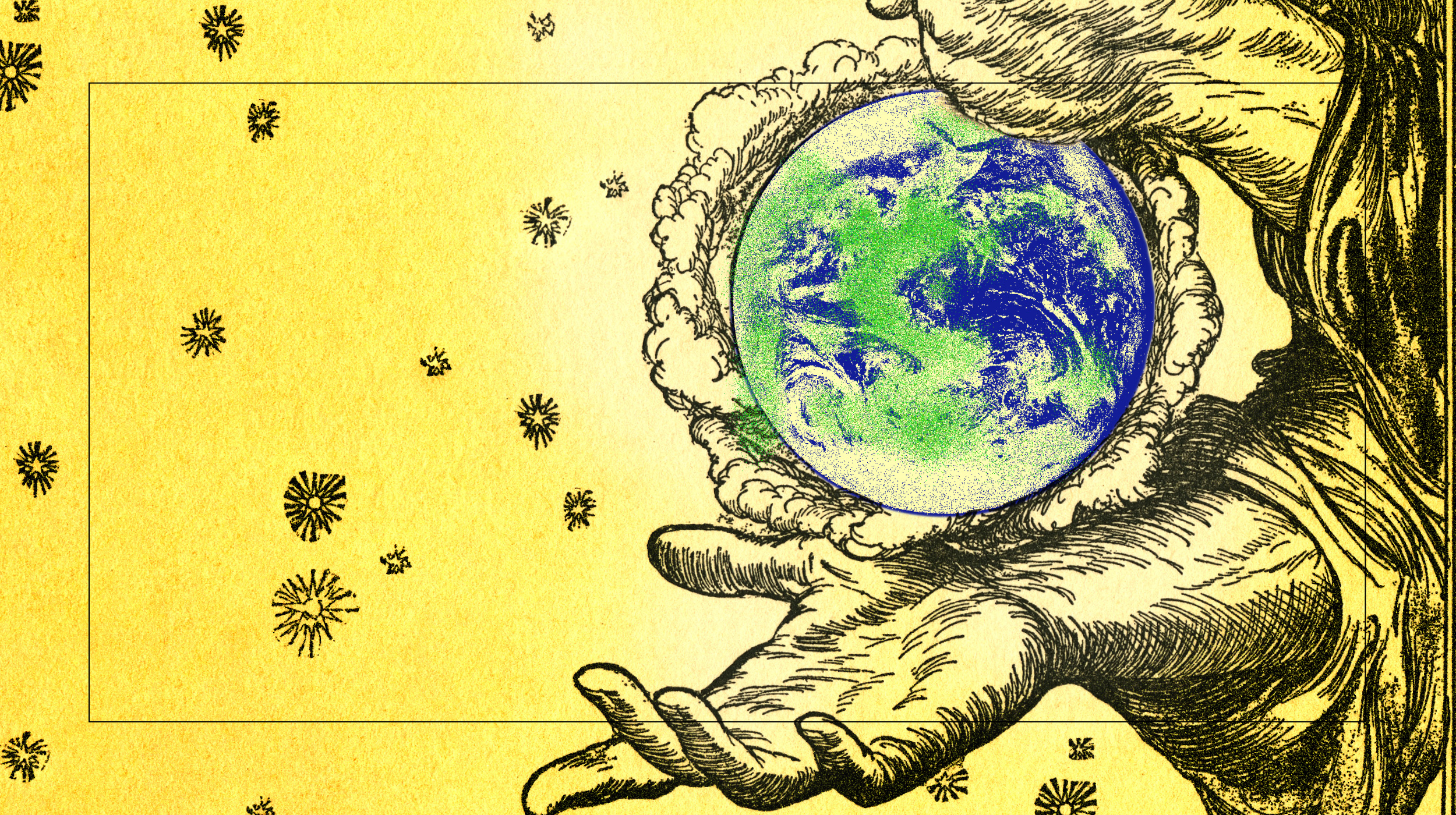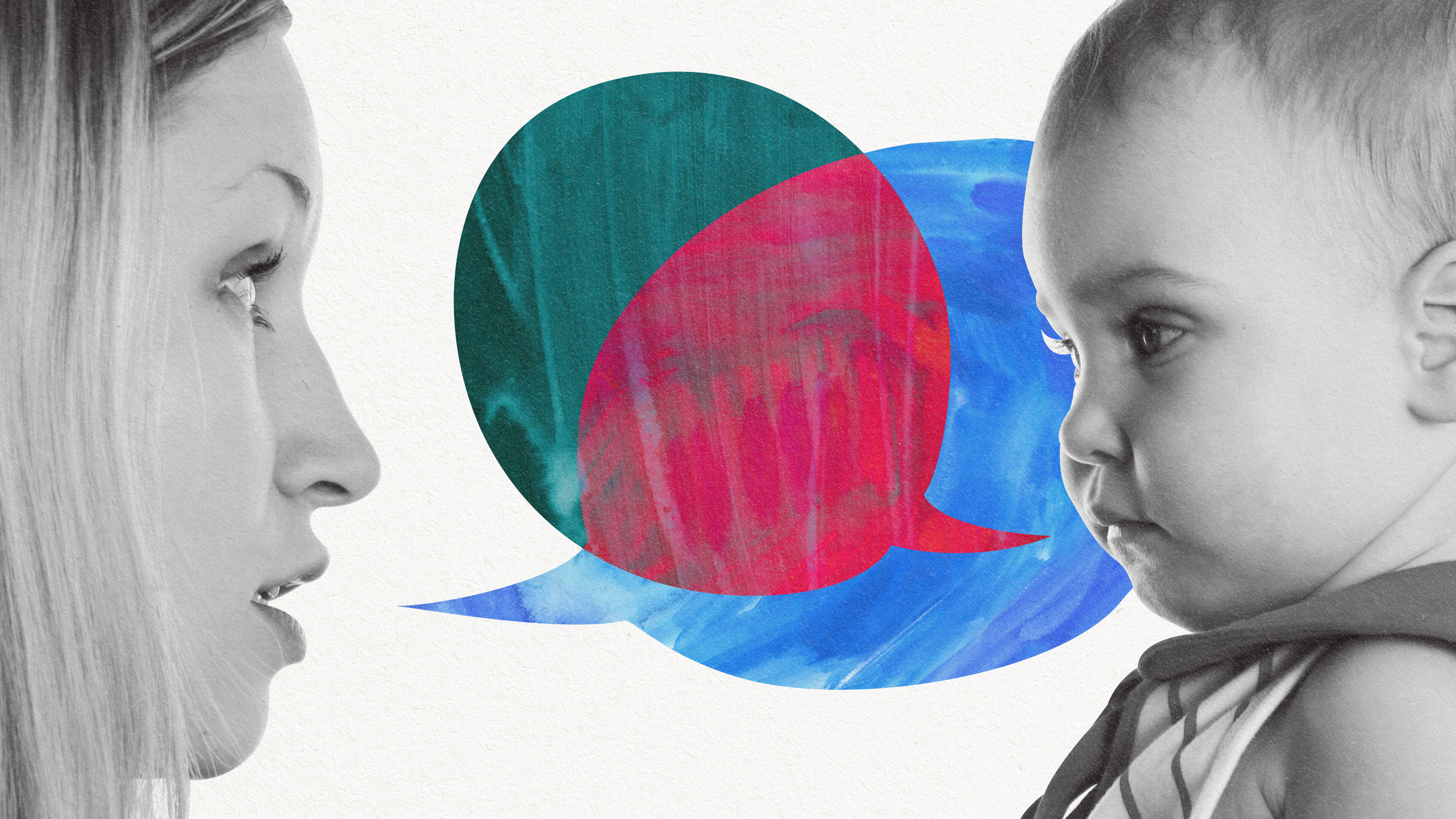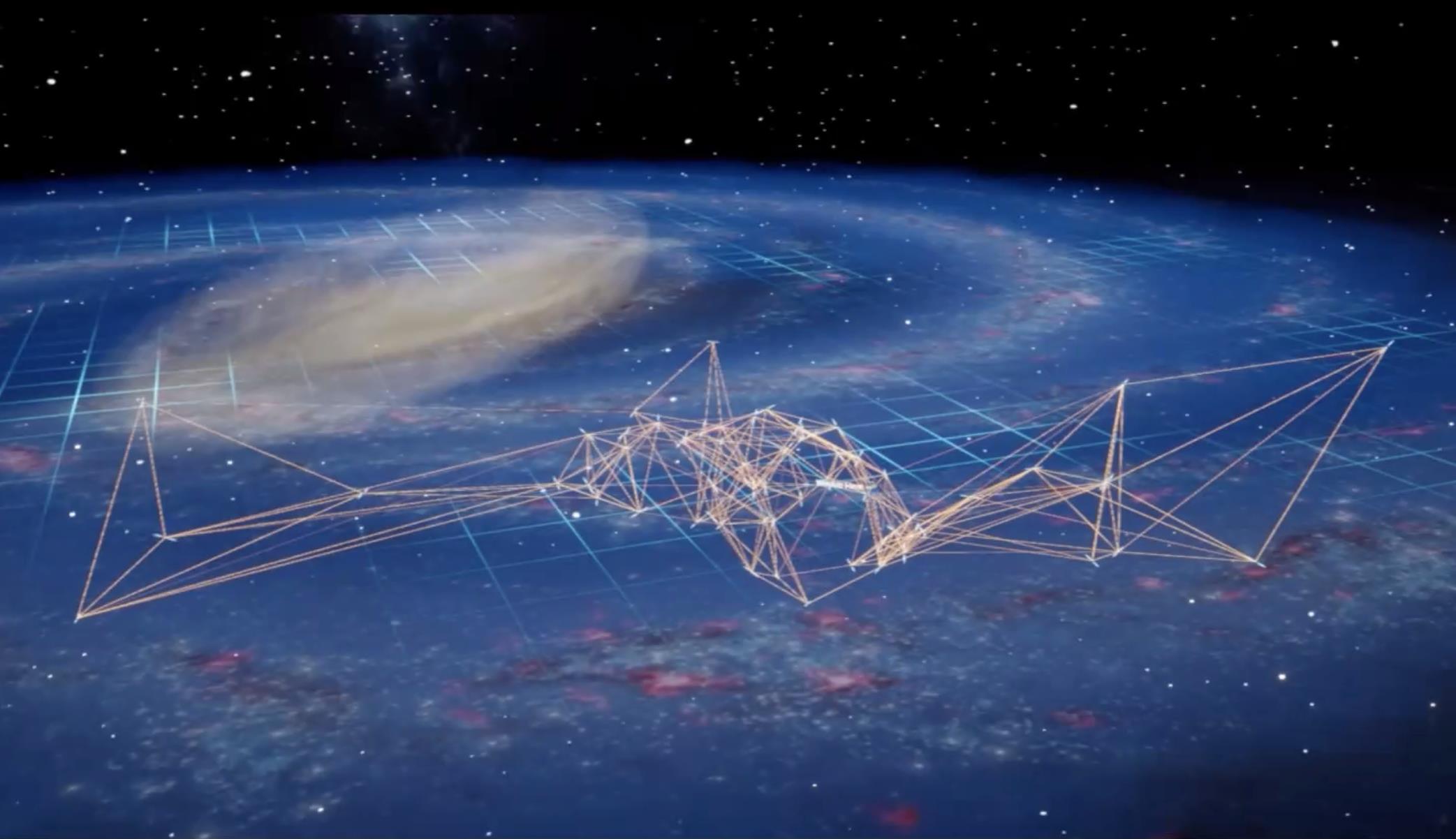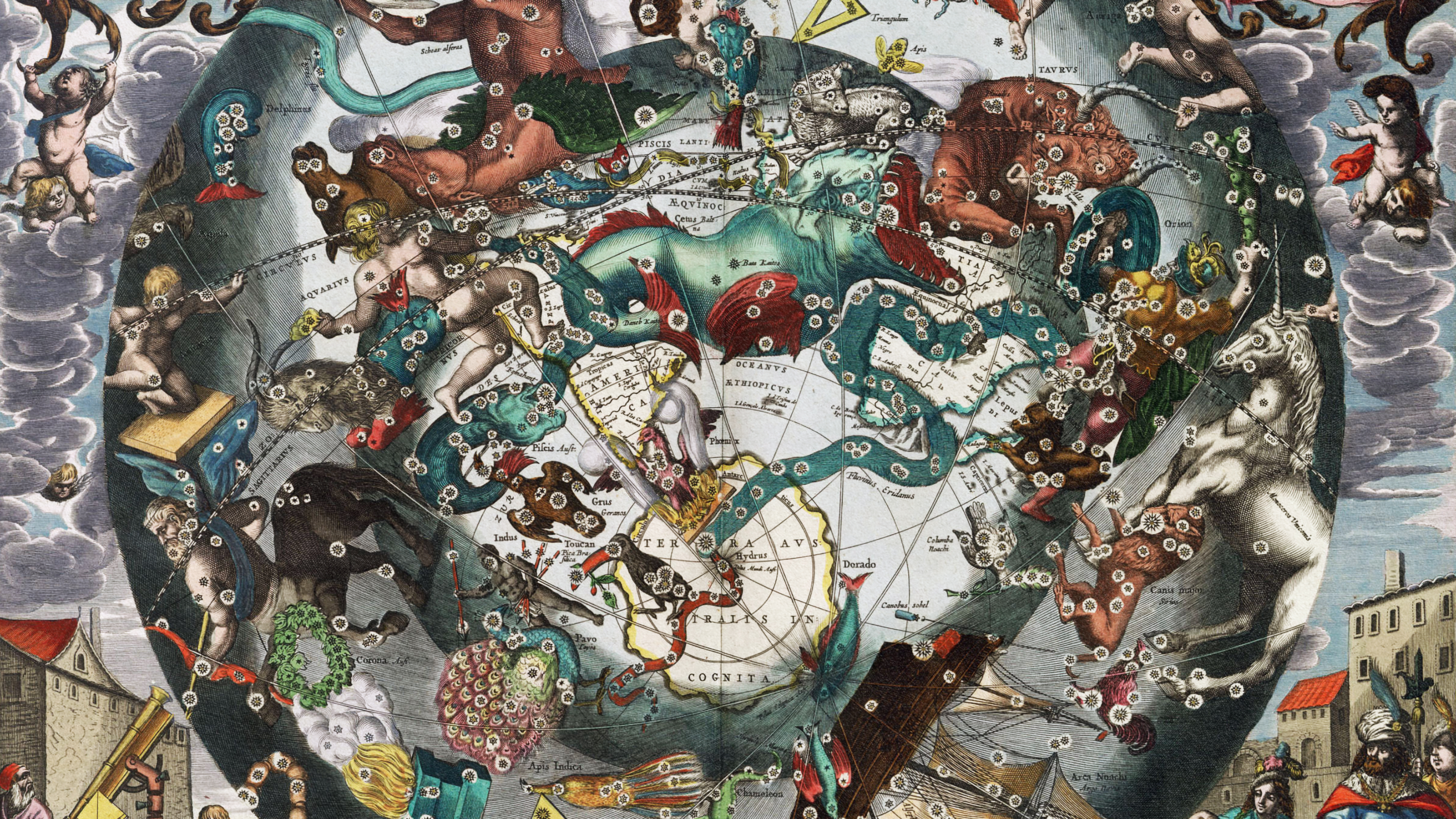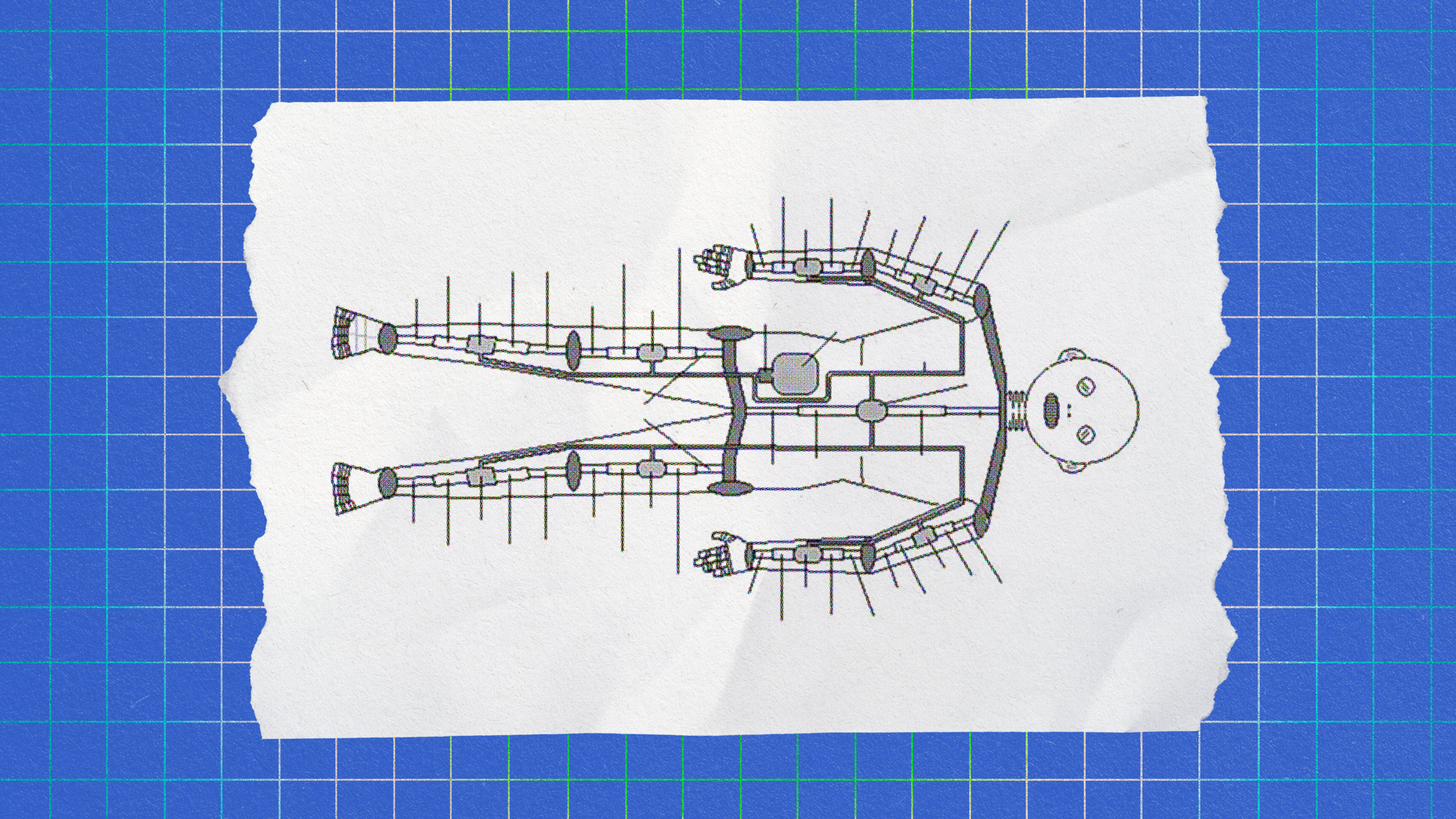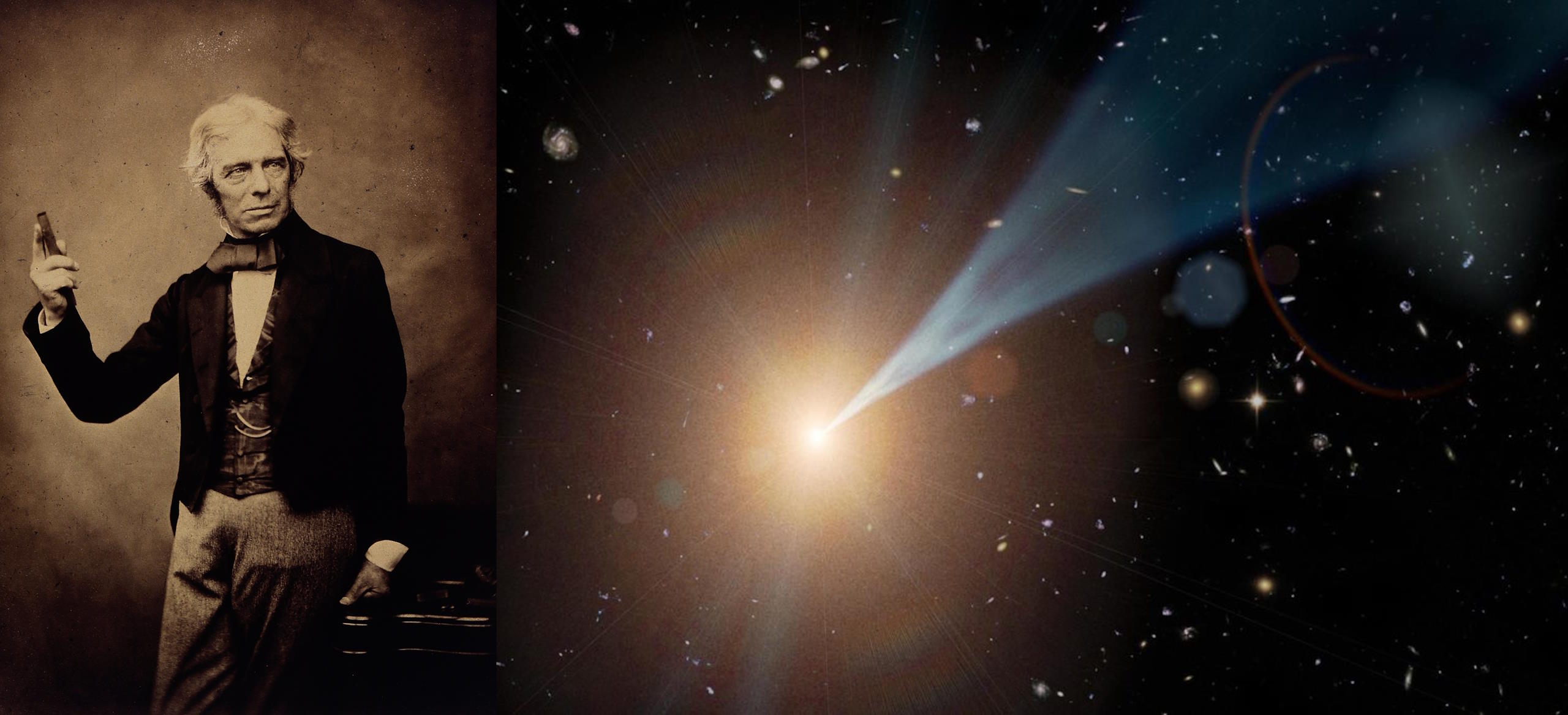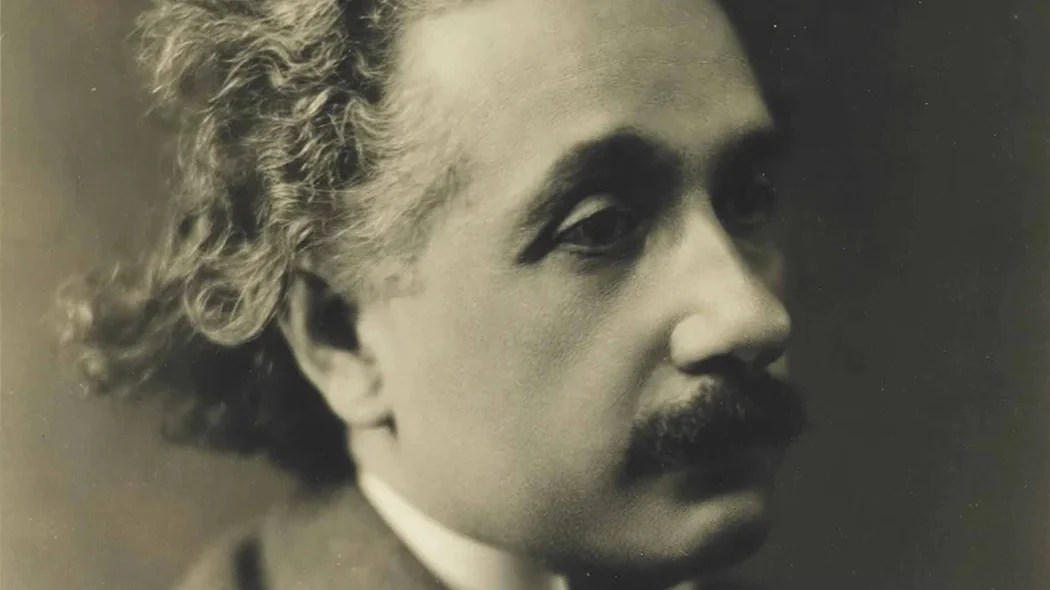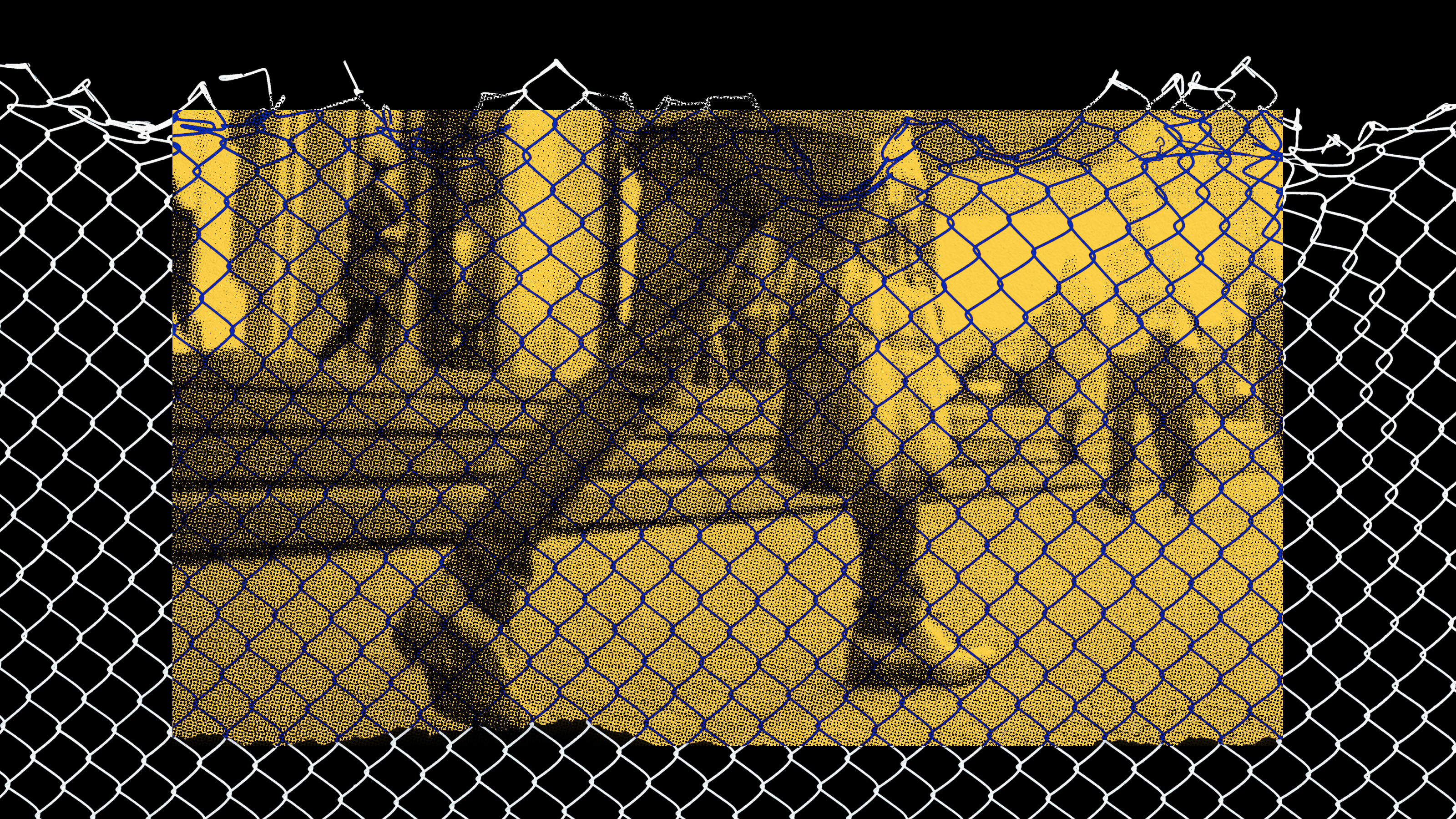Retatrutide, Eli Lilly’s innovative “triple g” drug, is setting new standards in the fight against obesity.
All Articles
A marine reptile fossil from Svalbard challenges ideas about evolution and Earth’s greatest mass extinction.
Quantum physics is starting to show up in unexpected places. Indeed, it is at work in animals, plants, and our own bodies.
For better and worse, the Columbian Exchange plugged the Americas into the global system — and there was no going back.
The crisis of the Anthropocene challenges our traditional narratives and myths about humanity’s place in the world. Citizen science can help.
Since 2012, the amount of time that teenagers spend socializing in person has plummeted. Is it a coincidence that depression is more common?
There’s an entire Universe out there. So, with all that space, all those planets, and all those chances at life, why do we all live here?
They had the technology. So why didn’t they use it?
Is mathematics woven into the very fabric of reality? Or is it merely a product of the human mind?
Neuroscientists think a cluster of cells in the brain that stimulate appetite could be a target for eating disorder therapies.
Due to export controls from China, the Europeans had to invent their own forms of porcelain. One type involves dead cows.
It is generally ineffective, occasionally poisonous, and driving numerous species to the brink of extinction.
After 15 years of monitoring 68 objects known as millisecond pulsars, we’ve found the Universe’s background gravitational wave signal!
A proponent of panpsychism argues moral truth is inherent in consciousness.
From smartphone envy to life dissatisfaction, the root cause of much unhappiness is that we are wired to imagine how things could be better.
We should acknowledge that there are faith-based myths running deep in science’s canon.
In history, every major technological advance has been used, for good and bad.
Synchronized activity between the hippocampus, prefrontal cortex, and thalamus plays a role in memory consolidation.
Michael Faraday’s 1834 law of induction was the key experiment behind the eventual discovery of relativity. Einstein admitted it himself.
After Albert Einstein’s death in 1955, a pathologist—searching for the secret of genius—removed, dissected, and ultimately stole the mathematician’s brain.
Better cognitive control over our decisions can stave off disappointment in our actions.
In one experiment, the Viking landers added water to Martian soil samples. That might have been a very bad idea.
Research suggests that employees with criminal records are far less likely to quit their jobs, perhaps due to a greater sense of loyalty.
A cute mathematical trick can “rescale” the Universe so that it isn’t actually expanding. But can that “trick” survive all our cosmic tests?
Genetic profiles of many dog breeds appear as if siblings mated.
In a distant galaxy, a cosmic dance between two supermassive black holes emits periodic flashes of light.
Is the vast “Khan Khentii Strictly Protected Area” the final resting place of Genghis Khan?
Take a closer look before judging a book by its title.
June 26, 2023
“I’m so good at sleeping that I can do it with my eyes closed.” This anonymous quote is a humorous take on the fact that we spend around one-third of our lives asleep. Getting a good night’s sleep seems to be essential to happiness and living effectively. This crossword examines some of the barriers to sleep and how to overcome them.

